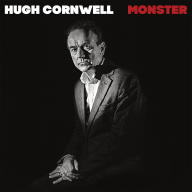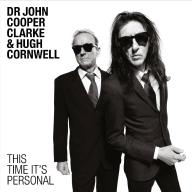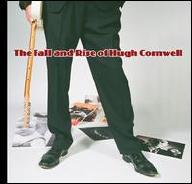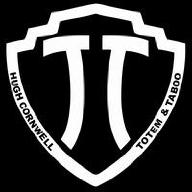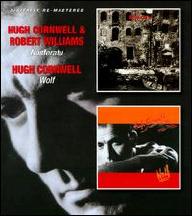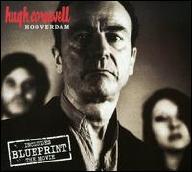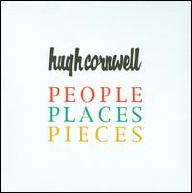Born in 1949 and brought up in Tufnell Park in North London, Cornwell began making music in high school, where he played in a band with Richard Thompson (later of Fairport Convention). After graduating from Bristol University with a B.Sc. in biochemistry, he moved to Stockholm to do postgrad research. There he formed the band Johnny Sox, which would later become the Stranglers. The band, initially grouped with punk rock, was much more ironic and cerebral than most of its contemporaries. They went on to greatly expand their sound, morphing into new wave and later, relatively mainstream pop; they are probably best remembered for their smooth, almost baroque ballad "Golden Brown."
Cornwell released his debut solo album, Nosferatu, in 1979; a collaboration with Magic Band drummer Robert Williams, it was conceived as an imaginary soundtrack to the classic F.W. Murnau silent film. The follow-up album, Wolf, did not arrive until nine years later. In 1990, feeling the band was artistically spent, Cornwell left the Stranglers. Thereafter, he only grew ever more prolific, issuing two solo albums in the '90s and four in the 2000s, along with several live and compilation albums -- notably the three-CD live box set People, Places, Pieces (2006) -- and the collaborative efforts CCW (1992) with Roger Cook and Andy West and Sons of Shiva (1999) with Irish poet John W. Sexton. He also wrote five books, including two novels. Mostly recorded in a stripped-back power trio format, Cornwell's solo music is heavily influenced by blues and rock & roll and is characterized by his erudite and sardonic lyrics. The second decade of the 21st century saw 2013's Steve Albini-recorded Totem and Tattoo; the career-spanning 2015 compilation The Fall and Rise of Hugh Cornwell; and his 2016 collaboration with legendary punk poet John Cooper Clarke, This Time It's Personal. This last disc appeared on Sony and led to a solo deal for Cornwell with the major label, which released his ninth album, Monster, in 2018. ~ John D. Buchanan, Rovi


